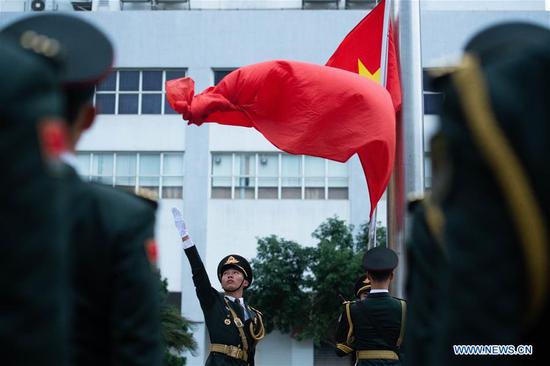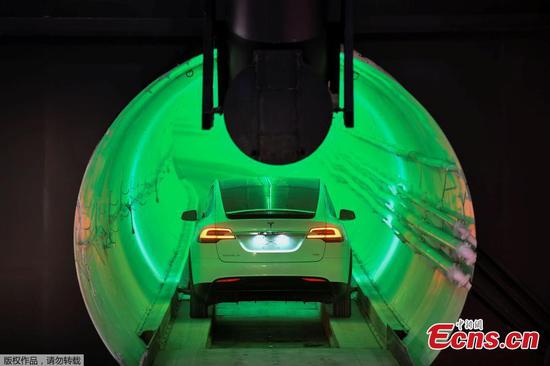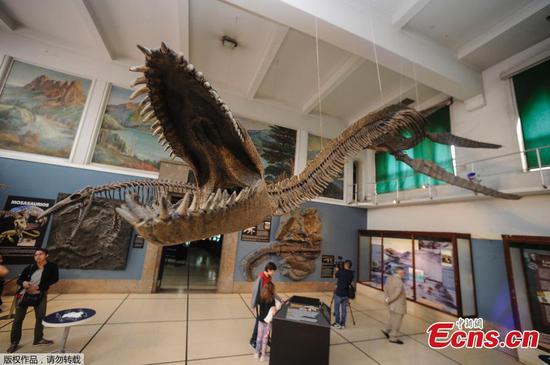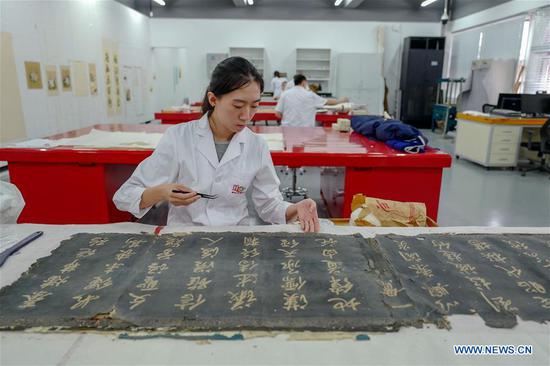New policies will include incentives for SMEs, high-technology firms
Chinese companies and individuals are awaiting the unveiling of a more aggressive tax cut plan, which could be soon and aims to lower business costs and reserve more income next year.
Policymakers from the Ministry of Finance and the tax management authority have promoted the plan multiple times amid their strong determination to reduce taxes by a greater margin in 2019, which may reach 1.5 trillion yuan ($217.5 billion) as some economists predict, compared with this year's tax-cut target of 1.3 trillion yuan.
Individual income tax reduction will be on top of the government's task list next year, in order to revitalize the private sector and encourage household consumption, a senior official from the State Administration of Taxation told China Daily on Monday.
The upcoming policies will also include tax exemptions for small and medium-sized companies and high-tech enterprises, according to the official.
Once the specific tax cut measures take effect, they will stabilize economic growth and boost market sentiment, economists said.
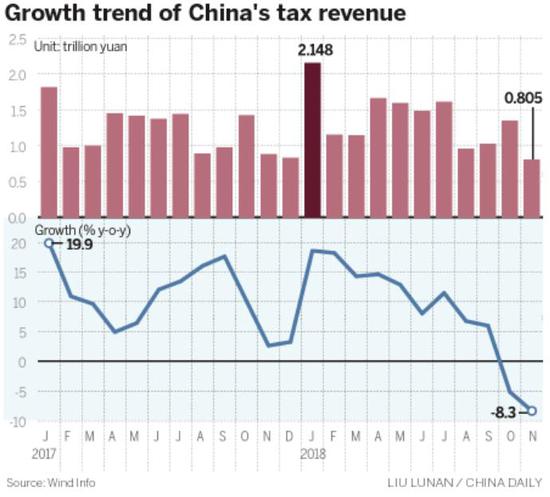
Growth trend of China's tax revenu. (Photo by Liu Lunan/China Daily)
Other than aggressively pumping in credit and ramping up infrastructure spending-the measures China previously opted for to support economic growth as downward pressures increase, economists called the tax cut measures "unconventional policy tools", on which China should rely more this time.
Zhang Ming, a researcher with the Chinese Academy of Social Sciences, said that in 2019, the government is likely to further cut the VAT rates by 2 percentage points, which will benefit small and medium-sized enterprises.
"Increased tax cuts for small and medium-sized enterprises could directly reduce their tax burden, improve their business and spur investment," he said.
Since May 1, China has lowered VAT rates by 1 percentage point to 10 percent and 16 percent for the manufacturing, transportation and construction industries.
"Following the reduction of VAT rates, a net reduction of 179.4 billion yuan had been achieved by October, among which 71.45 billion yuan or 39.8 percent was for the manufacturing industry," said Lin Feng, deputy director of the Goods and Services Tax Department of the SAT.
In addition to VAT cuts, the individual income tax cut in 2019 could boost consumption by 240 billion yuan, which could raise GDP growth by 0.3 percentage points, according to recent research by Nomura Securities.
As the Tokyo-based securities company calculated, the individual income tax cut that was recently implemented will save taxpayers up to 436 billion yuan annually, with 320 billion yuan from the higher tax-free monthly allowance and 116 billion yuan from the introduction of new deductible items.
The individual income tax reform started from October, and it has cut taxes by 31.6 billion yuan through raising the tax threshold to 5,000 yuan in monthly income from 3,500 yuan. The special deduction of individual income tax, from Jan 1, 2019, will further lower the individual tax burden.




























